

As the 2024 general elections approach, the National Democratic Congress (NDC) and the New Patriotic Party (NPP) have laid out its vision for the nation's fiscal future in its manifesto.
Taxation, a cornerstone of economic policy, is addressed with a mix of reforms, incentives, and strategies aimed at fostering growth, enhancing revenue, and promoting fairness.
The next NDC and the NPP promised to scrap the following taxes to alleviate hardships and ease the high cost of doing business.
Here are the 10 key promises on taxation from the NDC's 2024 manifesto:
- E-levy
A significant promise is the review and possible abolition of the controversial Electronic Transfer Levy (E-Levy). The NDC plans to reassess the effectiveness and impact of the E-Levy, considering alternative revenue sources that do not overburden digital transactions.
- 2. COVID-19 levy
- 10% levy on bet winnings
- Emissions levy
To further ease hardships, the NDC said it will:
- Review Import duty on vehicles and equipment imported into the country for industrial and agricultural purposes.
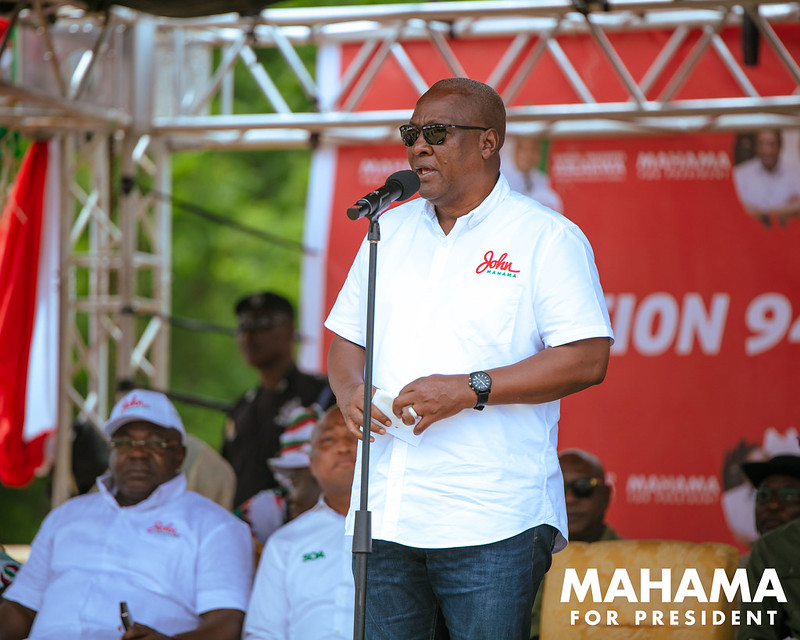
- Apply the Price Stabilisation and Recovery Levy on fuel to cushion consumers.
- Rationalise fees at our ports to reduce the burden on importers and Ghanaians.
- Undertake a comprehensive reform of Ghana's VAT regime to provide relief for households and businesses. This will include:
- Reversing the decoupling of GETFund and NHIL from VAT
- Upwardly adjusting the VAT registration threshold to exempt micro and small businesses
- Repealing the law imposing VAT on domestic electricity consumption.
- Reversing the VAT flat rate regime
To enhance revenue mobilisation, we will:
- Broaden the tax base and plug leakages in tax collections.
- Review the tax exemption regime to promote transparency, economic growth, technology transfer and job creation.
Here are the 10 key promises on taxation from the NPP's 2024 manifesto:
The flagbearer of the NPP, Dr Mahamudu Bawumia, has firmly reiterated his commitment to abolish the controversial E-Levy and betting tax if elected President in the 2024 general elections.
He outlined his administration's vision for comprehensive tax reforms aimed at reducing the financial burden on Ghanaians.
This includes:
- Tax amnesty for previous years' unpaid taxes, as well as waivers on interest and penalties for unfiled taxes.
- Abolish the betting tax.
- Scrap E-levy.
- Strategies to position Ghana as a global digital leader, focusing on policies, competitive incentives, and strategic investments to transform the nation into a world-class digital economy.
- Fast-track Ghana's transformation into Africa’s digital hub through strategic policies, incentives, and investments.
- Implement broad tax reforms, offering a one-time tax amnesty to all Ghanaians and corporate entities, wiping the slate clean from previous tax obligations.
- Reform the Value Added Tax system by consolidating all levies into a single line item.
- Reduce Withholding Tax for small-scale gold exports to 1% to curb smuggling.
- Offer a one-time tax amnesty to all Ghanaians and corporate entities through:

a. tax amnesty from the payment of taxes from the previous years
b. the waiving of interest and penalties for failures to file taxes in previous years
This will enable everyone start their tax journey afresh. It will 'wipe the slate clean' for all taxpayers in Ghana
- Reform the Value Added Tax regime by merging all levies into a single line-item levy, and treat the merged levy as part of input and output VAT, to eliminate the cascading effect in the current regime
- Reduce Withholding Tax (WHT) for small scale gold exports to 1% to discourage smuggling
- Incentivise Ghanaian start-ups in selected, strategic sectors with Investment Tax Credits (ITC) for the first three (3) years of their operations
- Digitise all aspects of tax administration to reduce leakages, improve efficiency and ease of filing
- Implement a Flat Rate for all importers, bringing predictability and stability on prices of imported goods
- Harmonise port charges to align with charges in competing regional ports, particularly Togo. Duties at our ports will be same or lower, and
- Broaden the tax base by leveraging digitalisation to capture more eligible taxpayers to reduce the pressure on the few




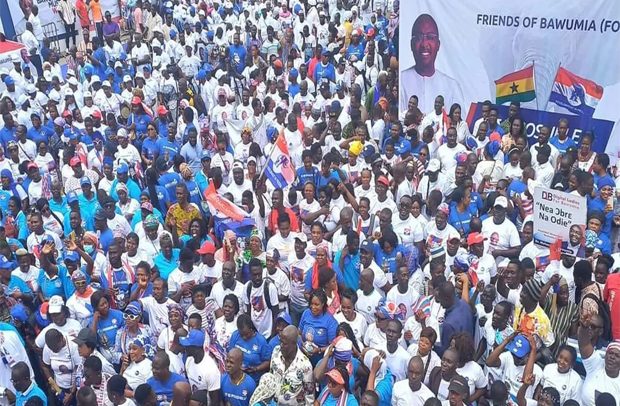


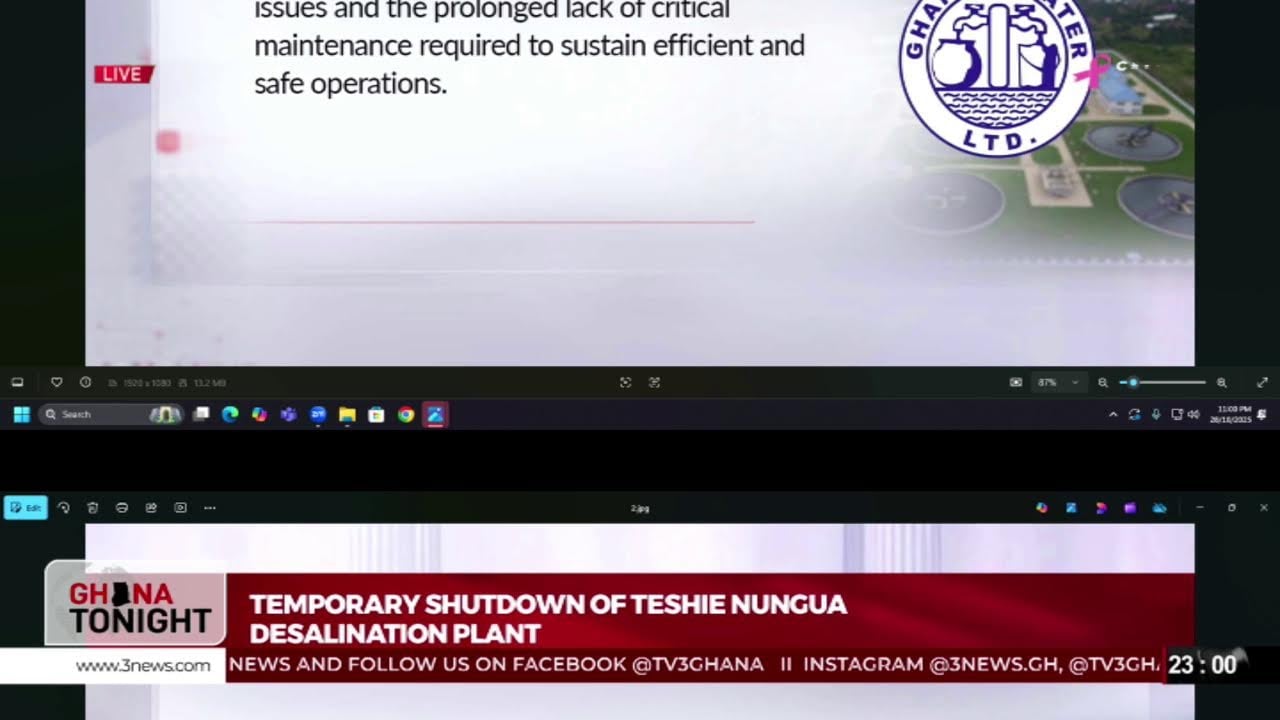

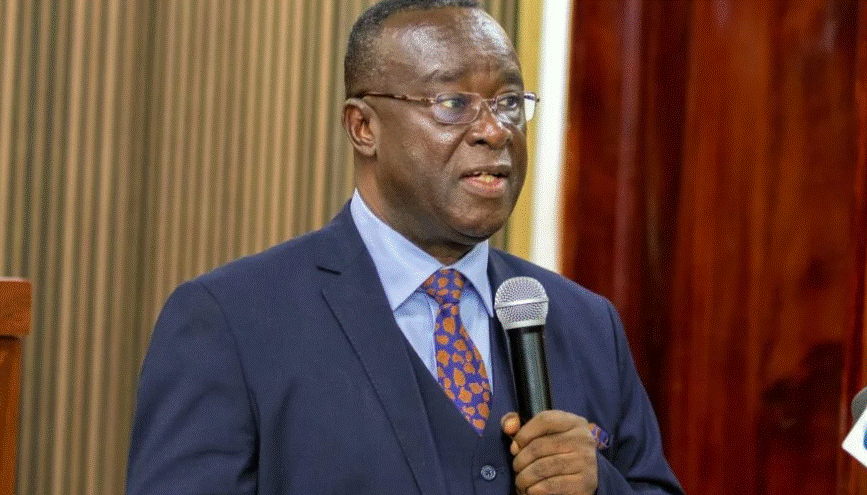



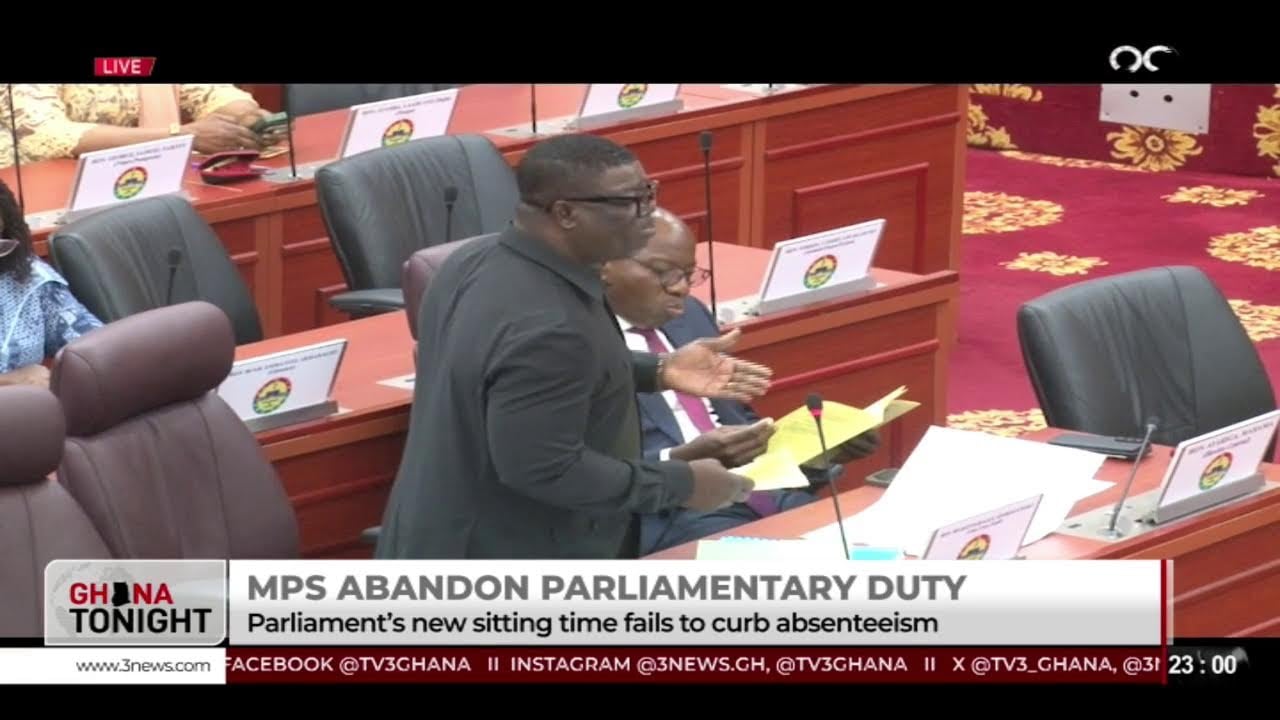










Facebook
Twitter
Pinterest
Instagram
Google+
YouTube
LinkedIn
RSS